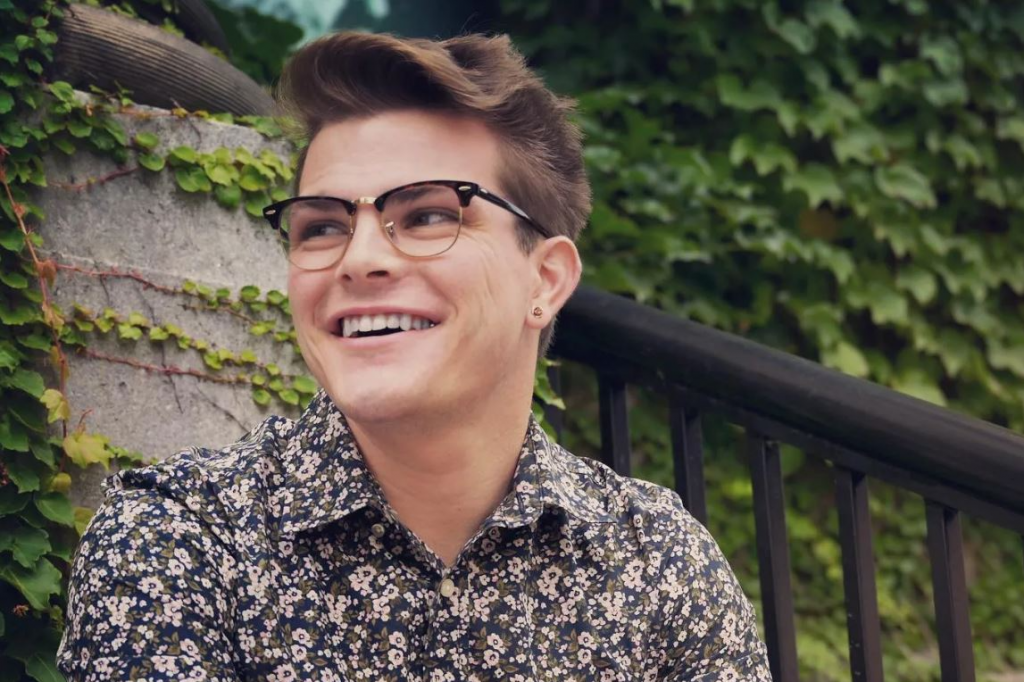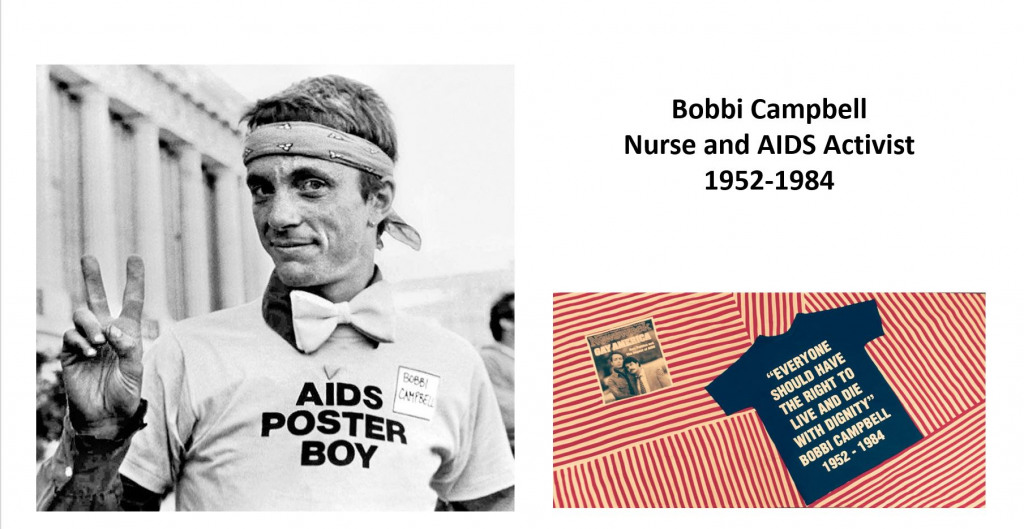Seth Knievel brings a provocative approach and a queer lens to theater
Seth Knievel approaches theater through a queer lens

Seth Knievel has never had a performance where someone hasn’t walked out.
A graduate student in the Department of Communication and Rhetorical Studies, Knievel wasn’t always interested in the world of theater. His slam poetry background may have brought him to the stage, but Knievel really began performing in college. One of his first acting appearances came along as a one-off opportunity from an extra credit assignment during his studies at the University of North Texas, with a show in 2017 that got him involved in performance. The show, What We Don’t Talk About When We Talk About Race, exposed Knievel to a new kind of expression with regards to progressive ideologies.
“They asked me to come on a month before the show went up, and I agreed. And the show was amazing. It completely changed my life,” Knievel said.
From there, Knievel changed his major to communication and media studies and dove headfirst into the world of performance, which he said was life-changing beyond just introducing him to playwriting. The people Knievel met through the performance process were a key part of this experience.
“It completely shifted where I was going in my life. I actually got the courage to come out of the closet, meeting a lot of those people who were really amazing in that show,” Knievel said.

Following his unorthodox introduction into playwriting, Knievel now focuses his work on pieces that provoke thought, emotion, and sometimes controversy – something he says he welcomes – all on top of graduating and writing his thesis. Last semester, his adaptation of Herman Melville’s Moby Dick, titled Fatal Pride: A Queer Retelling of Moby Dick, went up as the CRS department’s first staged production.
“I got some commentary at the end because after every performance I do, I have a talkback where the audience can ask me and my cast questions about the content in the show and the production process,” Knievel said. “I had someone get really upset with me at my Moby Dick show, because at the end, I included some audio clips of queer violence, because the show is about domestic violence, among other things…Nothing, you know, in terms of, of controversy is foreign to me, I’m comfortable with it and I would say that is probably one of the things that really drives my scholarship more than anything. I think it comes down to queer representation. Every show that I do is queer in some way. And so this is no exception. I’m trying to explore the variety of queer experiences.”
With over two years of planning, Knievel’s newest show, Pass(ed)over, explores just this variety of queer experiences. The play tells the story of a gay Jewish man celebrating Passover during the height of the AIDS crisis as a way to explore the complex intersections of spirituality and sexuality. Throughout its progress, Knievel says his script has continued to evolve as his relationship with God does the same. Despite growing up in a Christian household, Knievel entered the conversion process to Judaism before the Covid-19 pandemic, a process he hopes to continue.
“What I like about the Jewish faith is that you have a lot more flexibility with how you read the texts and with how you imagine and interact with God,” Knievel said.
Another key part of his production is an effort to change and improve the way society talks about HIV and dismantle its stigmatization.
“I realized how important this show is, for that reason, thinking about how we don’t talk about HIV very often, and we don’t talk about our own experiences with HIV either. So something I am going to prioritize in my work is a discussion of an invalidation of stories related to HIV and AIDS, [a discussion] which this project contributes to,” Knievel said.
Apart from awareness, Knievel places an emphasis on honoring the lives of all those lost throughout history, although he also acknowledges the difficulty in honoring everyone he’d like to.
“I’ve read probably over 500 obituaries by this time in this process. And that is just a drop in an ocean of people that have died,” Knievel said.
While Knievel has many people to acknowledge for their support, he said the CRS Department has been especially helpful throughout the process and his further research.
“I’ve met with some Jewish folks throughout this this show. And I’ve also met with gay folks who lived through the AIDS epidemic and asked about their experience, which was also really insightful So, yeah, I have a lot of people to thank for the show,” Knievel said.
Knievel will be pursuing a Ph.D. at Louisiana State University in the coming year with a full scholarship. There, he hopes to find a community and a place to continue his performance of Pass(ed)over.
Tickets to Pass(ed)over are free and can be reserved by emailing cskneive@syr.edu. The performance will be held on May 4 at 7:00pm in the Hall of Languages, room 500.





